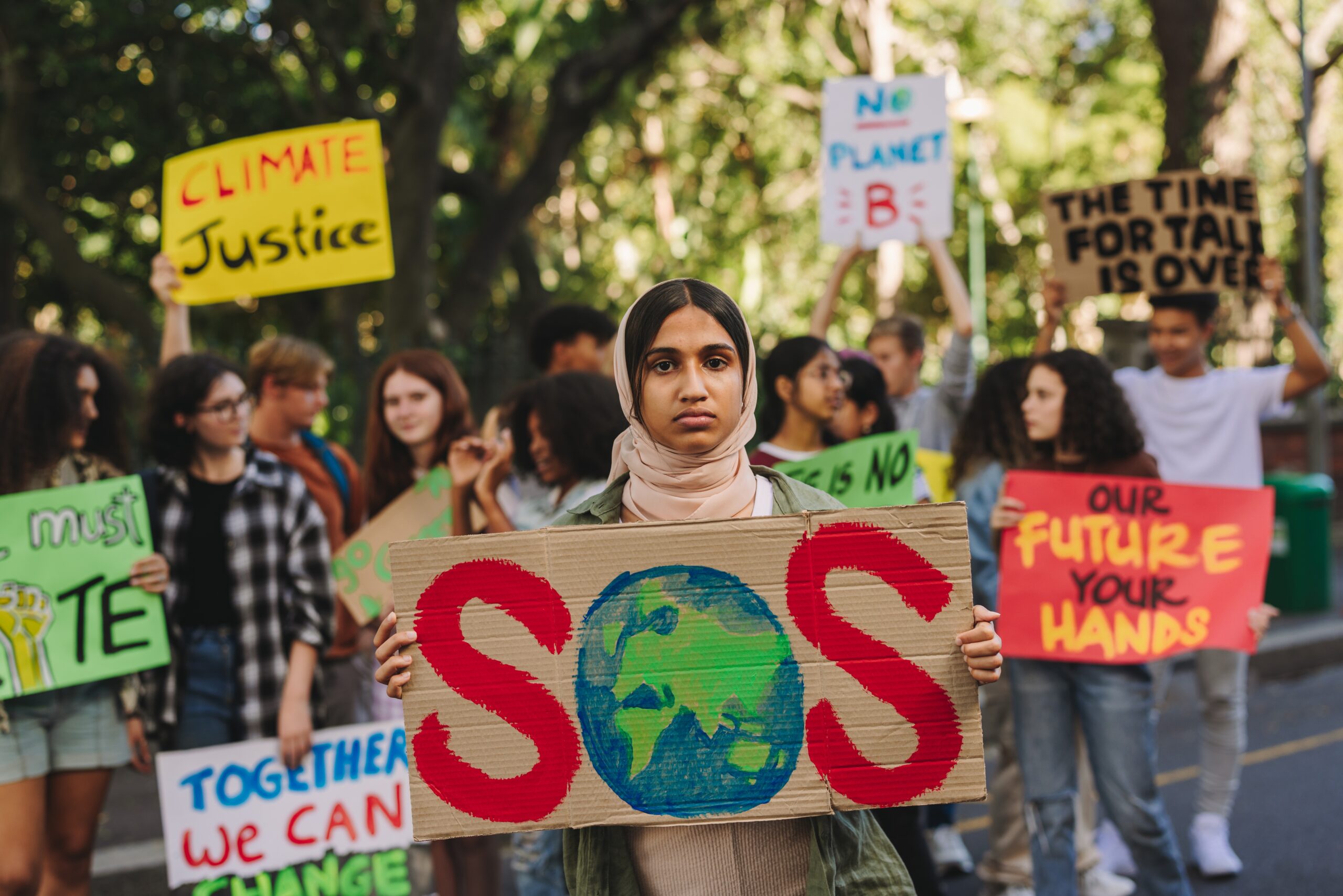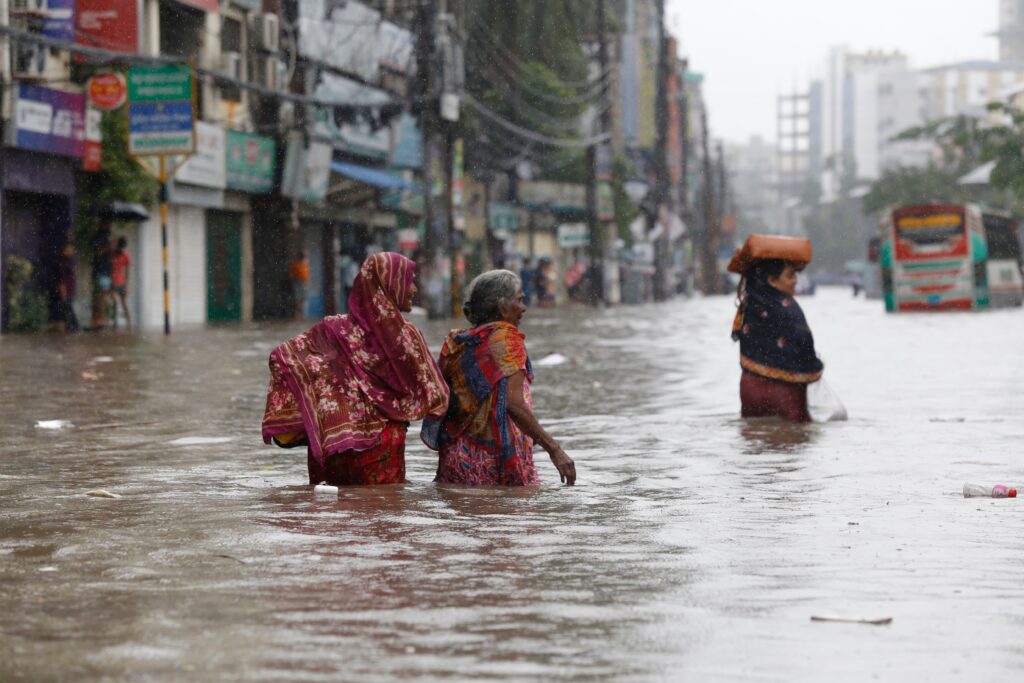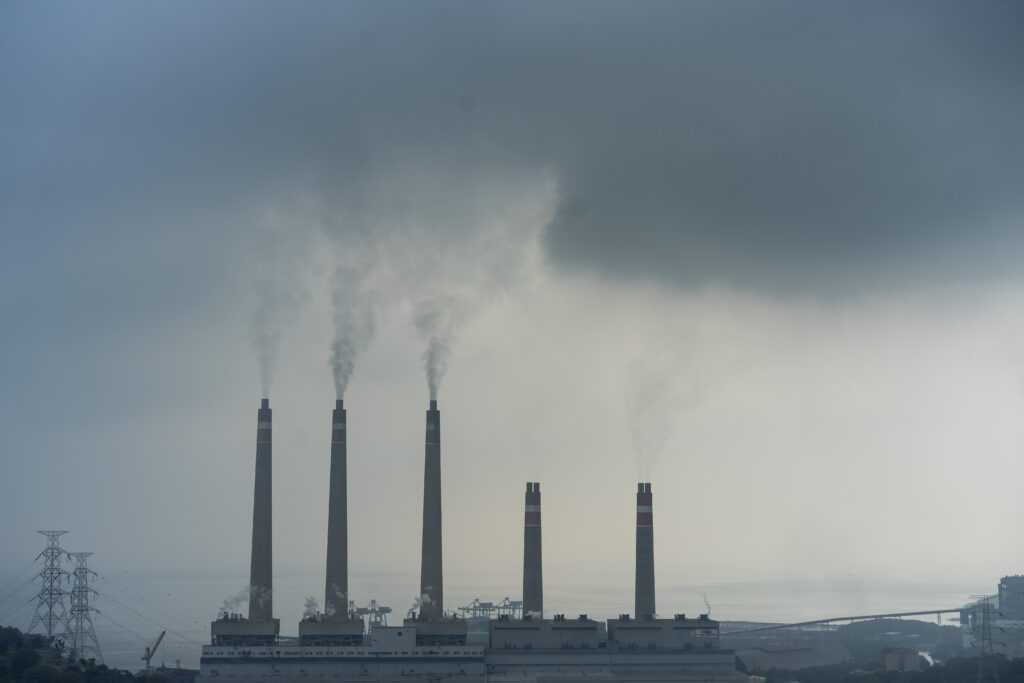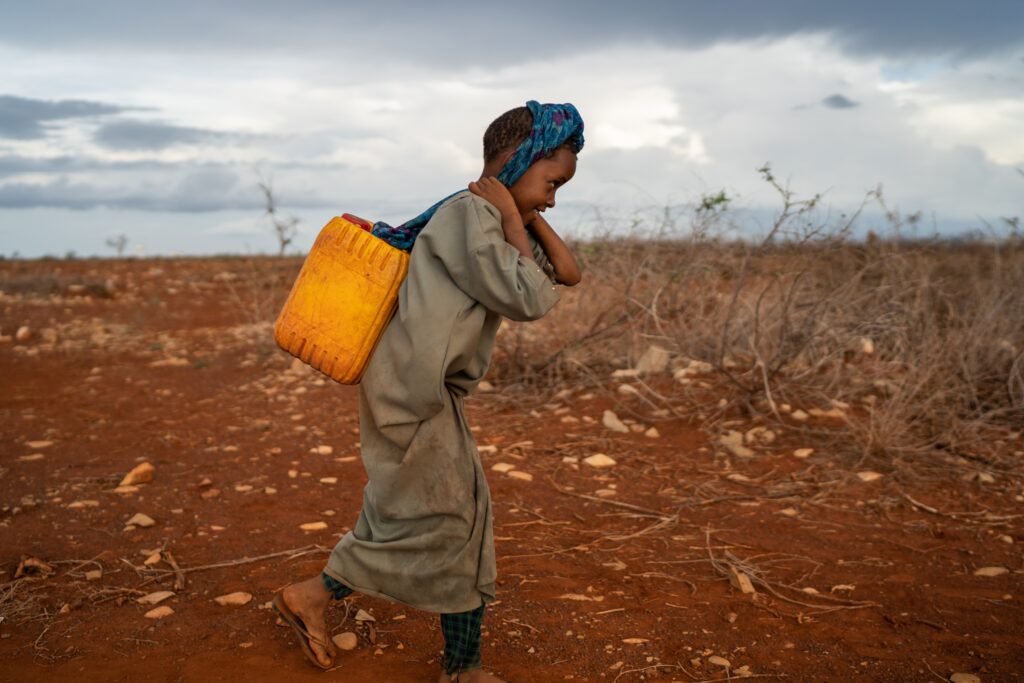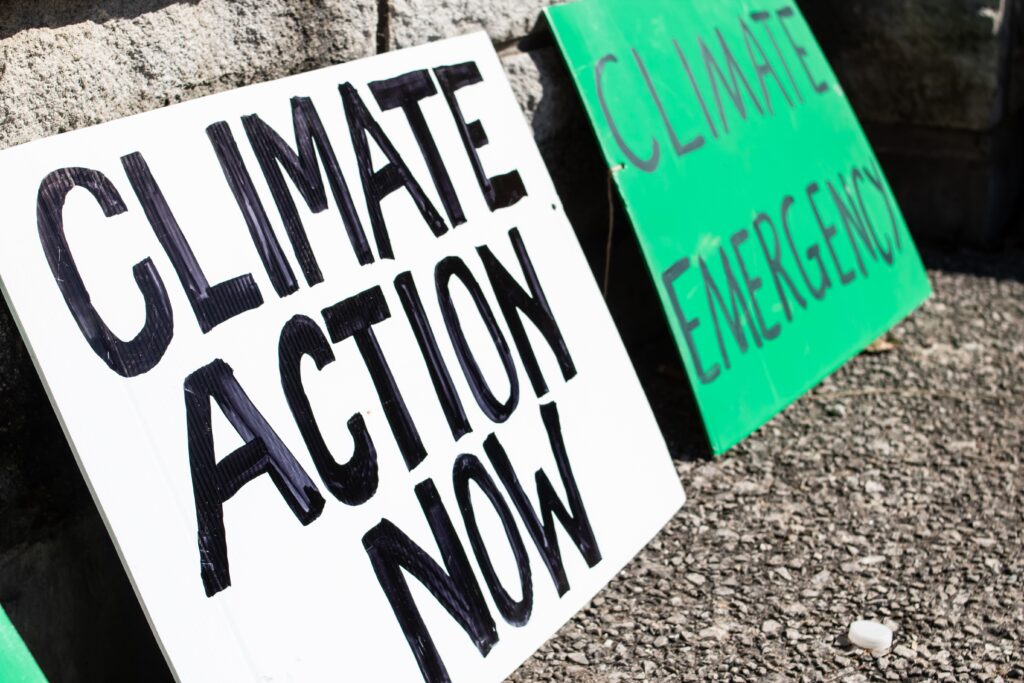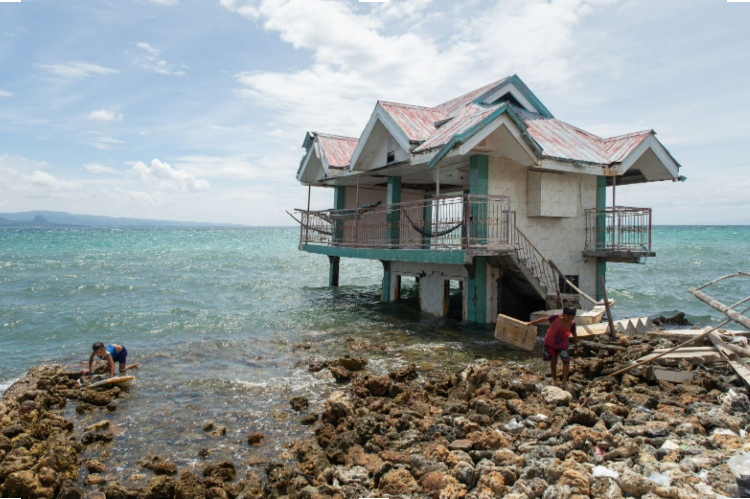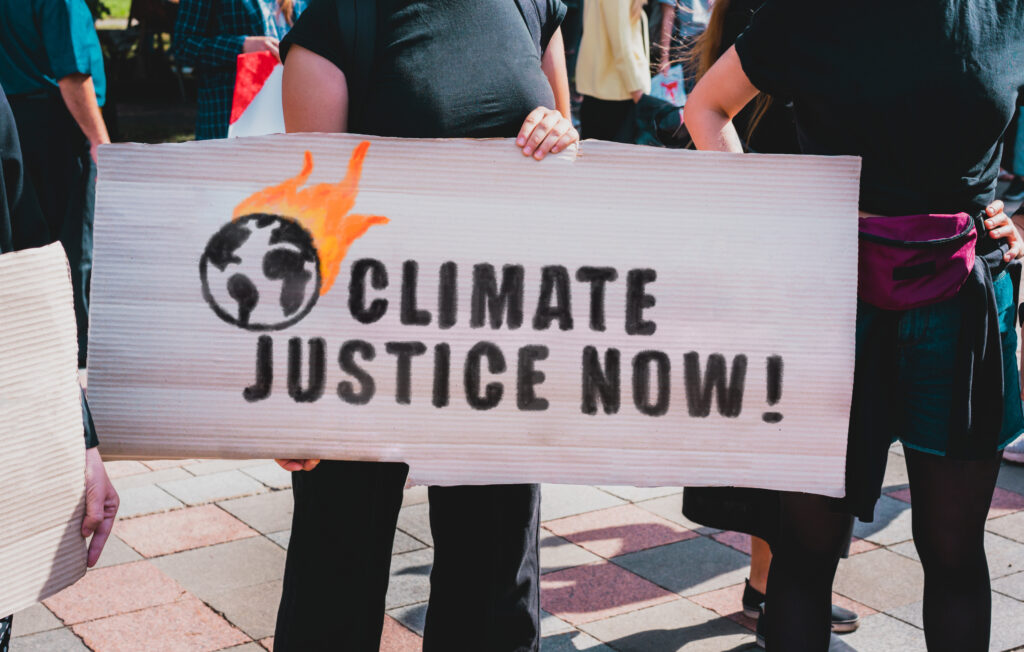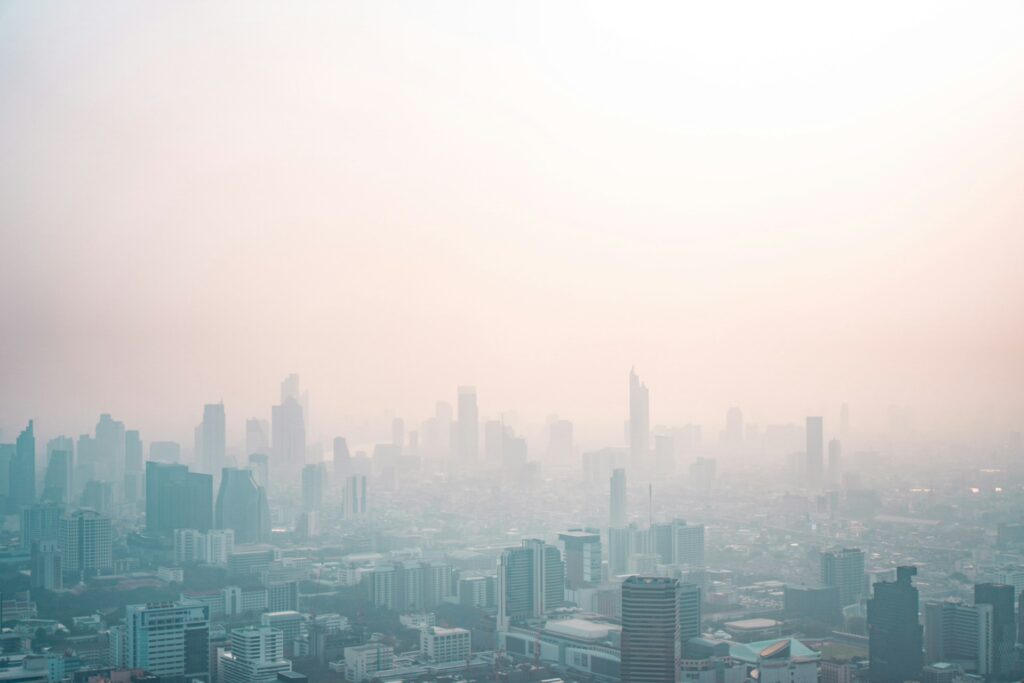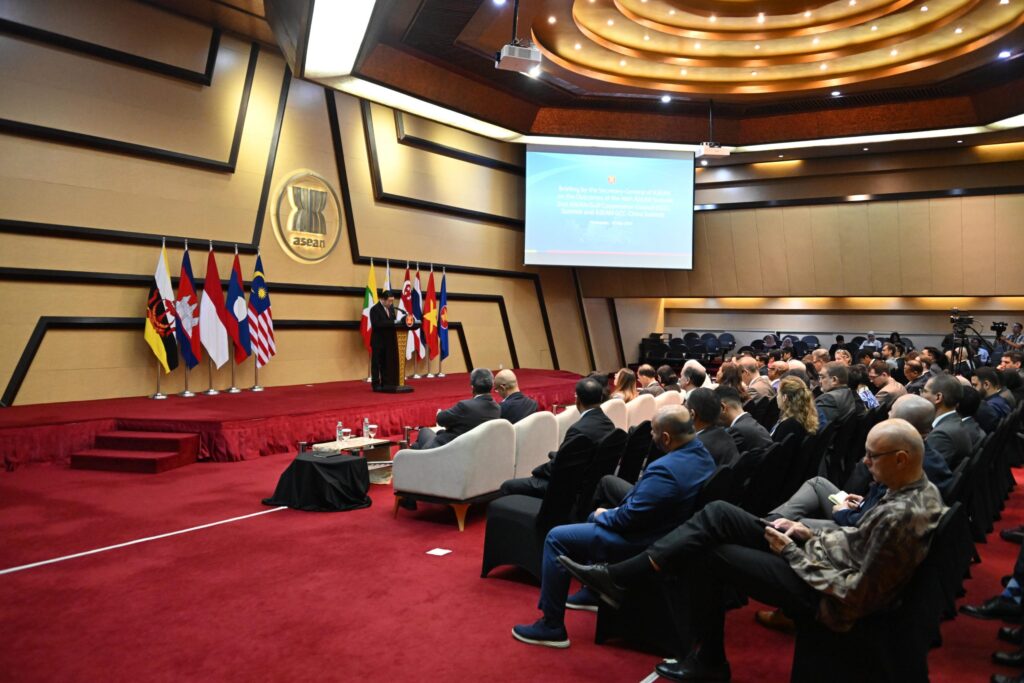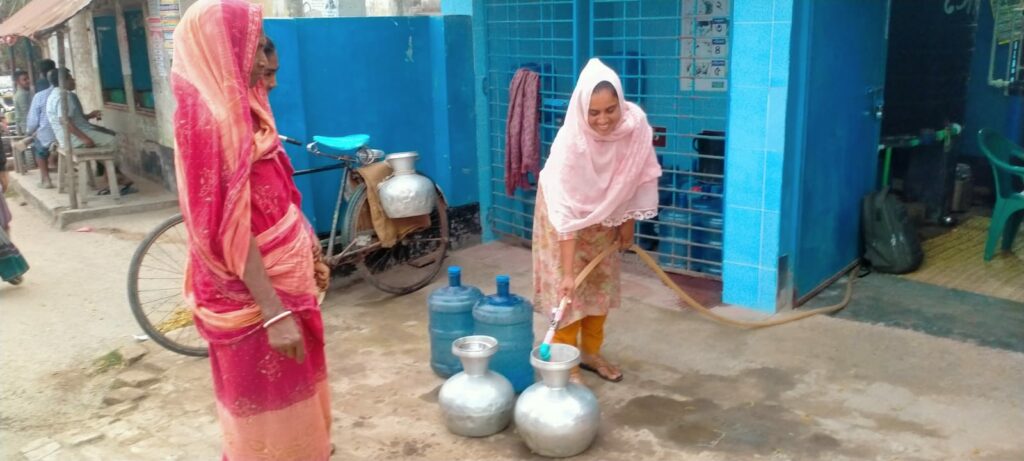Climate change is breaking down the Earth’s life support systems we’ve come to depend on, creating a future that is far more dangerous. This heightens the importance of climate change awareness.
Researchers have highlighted that climate change awareness raising is a crucial early step in climate adaptation, paving the way to managing its impacts and reducing vulnerability. Understanding the risks to human health and lives, property and well-being means people, communities and authorities are better prepared to cope with and respond to new threats. While awareness of climate risks and action to reduce them have increased globally, progress is uneven, says the Intergovernmental Panel on Climate Change (IPCC).
Why Is It Important To Raise Awareness About Climate Change?
The increasing dangers of climate change are evidenced by intensifying weather extremes. The extreme weather in 2023 saw record-breaking heatwaves across Asia and Europe that caused many deaths and hospitalisations. In India and China, intense rainfall led to deadly landslides and floods. Across the world, such extreme weather events, including heatwaves, floods and storms, are becoming more destructive, and wildfires and cyclones could reach new areas that are currently underprepared.
Additional dangers include rising sea levels that jeopardise coastal communities, risking human displacement and humanitarian crises. Shifting climate patterns also contribute to the spread of infectious diseases, affecting public health and safety.
How Raising Awareness Protects Lives
These growing and multifaceted threats raise the need for climate change awareness and energy efficiency, alongside equipping local authorities and communities with resources to adapt and respond to them. Awareness can prompt proactive measures, foster a coordinated response and prioritise human safety in the face of the far-reaching impacts. For example, despite a sharp increase in the number of climate and weather-related disasters over the past 50 years, the number of deaths tied to those disasters has dropped nearly threefold due to improved disaster preparedness and response.
For storms, cyclones, and floods, harm reduction measures could involve early warning systems, guidance on flood-proofing buildings, evacuation plans, and the establishment of community shelters. Longer-term interventions include regional risk assessments to prevent building housing and infrastructure in high-risk areas.
During heatwaves, closing schools and workplaces helps keep people safe during dangerous heat events and relieves pressure on healthcare systems. Public health campaigns can inform people how to stay cool and hydrated, and authorities can provide cooled community spaces for those in need. Further measures include providing public water supplies and raising awareness of the signs of heatstroke to help people cope with and respond to the dangerous heat. Longer-term cooling solutions include painting roofs white and planting trees – the latter can dramatically reduce ground temperatures by up to 12°C.
The Importance of Global Warming Awareness
Some groups are more at risk from climate crisis than others, as they may lack the physical or material capacities to cope. Awareness campaigns and responses must, therefore, be designed to address the needs of those with vulnerabilities.
For example, during heatwaves, children and older people are at particular risk, as they are less able to adjust their body temperatures. But, most heat-related deaths are the result of the impact extreme heat has on people with pre-existing conditions. “Pretty much every medical disease you could think of is exacerbated by extreme heat,” said Dr. Mark Bueno. He said that cardiovascular and respiratory disease and diabetes are the most notable.
People in urban areas suffer a higher risk from heat, as cities tend to be hotter than rural areas. Heat also poses a particular danger for homeless people, who face more exposure, and are often the first to die. In 2023, authorities recorded hundreds of heat-related deaths in the US Southwest and Mexico, with the largest share among those being homeless.
While cities are more exposed to extreme heat, those in rural and remote areas are also specifically vulnerable to extreme events, largely due to a lack of communication infrastructure and health services. This heightens the need for locally led climate risk awareness tailored to the needs of each region and community.
Ways To Raise Awareness About Environmental Issues
Raising awareness of environmental threats is equally important to address climate change. Air pollution is the world’s most pressing environmental health crisis, responsible for more than 6.5 million deaths annually, with 70% of them occurring in Asia-Pacific. The fossil fuel industry is the main culprit. However, forest and vegetation fires also lead to dangerous spikes in toxic air, such as Indonesia’s mega-fires in 2015 and those in Canada in 2023. Both events caused dangerous air to travel across to other nations, meaning public health campaigns to stay safe from the worst impacts had to reach tens of millions of people.
Addressing Global Warming Is the Best Path to a Safer Future
Despite being more prepared than ever to save lives during extreme climate-related events, deploying solutions at the pace and scale required to safeguard growing populations in a heating climate poses considerable challenges.
This is why dramatic climate change mitigation is also fundamental. Fossil fuels are responsible for more than 75% of planet-heating greenhouse gas emissions and are a far more expensive form of energy generation than their renewable alternatives — namely solar and wind. Public awareness can empower people to take mitigating action themselves, such as voting for leaders with strong climate policies and switching to clean energy providers. At the regional level, authorities can declare a climate emergency and adapt their policies and investments accordingly. Concerted and informed action at all levels to reduce carbon footprint, mitigate climate change and safeguard communities from its impacts is the best path to a safer future.
Evelyn Smail
Writer, United Kingdom
Evelyn is a freelance writer and journalist specialising in climate science and policy, the just energy transition and the human impacts of climate change. She writes for independent publications, NGOs and environmental organisations. Evelyn has a background in sustainable development, climate justice and human rights.
Evelyn is a freelance writer and journalist specialising in climate science and policy, the just energy transition and the human impacts of climate change. She writes for independent publications, NGOs and environmental organisations. Evelyn has a background in sustainable development, climate justice and human rights.

